|
There's a common myth in popular psychology that money doesn't buy happiness.
It totally does.
Yet David Brooks wrote this week in his New York Times op-ed, The Great Affluence Fallacy,
As we’ve gotten richer, we’ve used wealth to buy space: bigger homes, bigger yards, separate bedrooms, private cars, autonomous lifestyles. Each individual choice makes sense, but the overall atomizing trajectory sometimes seems to backfire. According to the World Health Organization, people in wealthy countries suffer depression by as much as eight times the rate as people in poor countries. He didn't include a citation beyond "World Health Organization," but I'm guessing he's referring to a 2011 study that measured depression in low-, middle, and high-income countries. In the study, trained surveyors conducted face-to-face interviews with 89,037 people in 18 countries. The surveyors asked respondents questions about their major depression symptoms, including sadness and loss of interest in daily life, in order to diagnose the disorder. Respondents also answered questions about their age, income, marital status and other demographic data. Here are the percentages of people who have experienced or possibly will experience depression at some point in their lives: High-income:
(Average: 13.72 percent) Low- and middle-income:
(Average: 11.32 percent) So, yeah. I guess this particular study showed that people in rich countries are slightly more likely to be depressed than middle- and low-income countries. But, you know, all the studies before this one had different results -- it's tricky to measure happiness. It's worth noting that in France, Germany, the U.S., and New Zealand, the poorest respondents had double the risk of depression. The "Affluence Fallacy" isn't about wealth -- it's about wealth disparity. Makes sense, right? Income inequality is associated with a number of chronic conditions, like heart disease, obesity and depression. In fact, according to economist Justin Wolfers, the "myth of the depressed millionaire" is just that -- a myth. Affluence doesn't make us isolated and lonely -- and here's the data to support it: 1. Wherever you live in the world, rich people are happier than poor people. The graph is busy, so here's the Tl;Dr: all the lines are roughly parallel. Meaning that an X% raise in income will make you roughly the same amount happier, no matter where in the world you live. Note: while many studies look at increases in happiness relative to an amount of money, this study used a log-scale -- meaning that increases in income are by a percent, not an amount. Because, you know -- diminishing returns and stuff. That's to be expected. There's a ton of really important stuff you could buy with $40,000/year that you couldn't buy with $35,000/year. But what can you buy for $255,000 that you couldn't buy with $250,000? And of that stuff, what did you actually need to attain a basic standard of living? 2. Countries with higher GDPs are much happier than countries with lower ones:
Image credit: This study by Daniel Sacks, Betsey Stevenson and Justin Wolfers, 2012.
Again, note the log scale. 3. Rich countries are happier than poor countries… in roughly equal measure to rich people being happier than poor people within a society.
The New Stylized Facts about Income and Subjective Well-Being, Sacks, Stevenson and Wolfers, 2012.
This graph... is an eye-full. Basically, the arrows show the difference in happiness between rich and poor people within a country. The slope of each arrow indicates how much happier (again, on a log scale) rich people are than poor people. For the most part, the arrows are pretty parallel -- both to each other, and to the between-country wellbeing gradient (the green line). Because rich countries are happier than poor ones, in roughly equal proportion to rich people being happier than poor people. *** That said, I do agree with David Brooks on one aspect of his argument: people are terrible at spending money in ways that make them happy. Anti-social spending is a recipe for disaster. Which is not the same as saying money can't buy happiness. After all, as I wrote in Money DOES Buy Happiness -- IF You Know How to Spend It, Many people fantasize about coming into lots of money... and using it in an antisocial manner. "I'd buy a private island!" "I'd never take public transportation again!" "I'd tell my boss he can go ____ himself!" "I'd buy an expensive car/wardrobe/etc., and make everyone jealous!" Let's focus on that second point. We've all heard the story about the guy who bought a fancy car but still felt sad. That doesn't mean a car can't make you totally happy. If you love driving, if you are passionate about speed and specs and vehicle performance, a car will make you happy. Because in your hands, it's not a thing. It's an experience. It's a tool. It's something that makes your heart race. Because experiences matter way more than things. According to Elizabeth Dunn and Michael Norton's amazing book, Happy Money: The Science of Happier Spending, here are a few of the reasons why: 1. Anticipation of an experience drives happiness -- whereas anticipation of a possession drives impatience. Think of Black Friday vs. getting ready for a party with your friends. 2. Experiences tend to be social. Possessions tend to be... well, possessions. Humans are social beings. We love stories. We love moving our bodies together. We love sharing values. Possessions, on the other hand, get old quickly. They can't relive a moment with us. They can't make us laugh. They can't bring us soup when we're sick. 3. Most people stop appreciating things over time. This is actually part of the reason why raises are such terrible motivators. A raise is only a raise for a week. After that, it's just your salary. We evolved to never be content with the things we have -- hoarders do much better in famines than people who were happy with the things they had. 4. We're less likely to measure the value of experiences by comparing them to those of others. I just got back from Bonaire, a Dutch Caribbean island near Venezuela. I had the most amazing time. There is nowhere else in the world -- not even a more "expensive" or "exotic" trip to Bali or an African safari (which is what approximately half of the people I know are doing right now) -- I would rather have gone. Because omg LOOK! This experience made me incredibly happy -- and never at any point have I wished I could have had someone else's summer vacation or compared my trip to theirs. So I'll repeat: Rich countries are happier than poor countries. Rich people are happier than poor people. And money can buy happiness -- if you know how to spend it. I leave you with this book recommendation. Worst case, you learn some cool stuff about psychology. Best case, you change your whole life by learning the science of happier spending:
4 Comments
Zeph
3/6/2017 12:15:46 pm
Let me check. You seem to be saying that (1) more money only buys happiness if you spend it well, (2) most people don't know how to spend it well, and (3) worldwide statistics seem to show that more money universally produces more happiness (on average).
Reply
9/24/2017 09:30:38 am
I think it's pretty clear that most people are pretty bad at "buying" happiness. There have been some studies lately that got super popular in pop science, which I thought had obvious but non-obvious results. One found that spending money on things like takeout and cleaning ladies makes you happier -- something that lots of people resist because it makes them feel guilty. Almost every female friend I have who has a housekeeper has felt embarrassed and tried to justify to me why she needed the help, and I'm just like, "Look. I don't care if you have carpal tunnel or if you just like to play golf instead of cleaning in the afternoons. If you can afford help around the house, you should hire someone! What else would you spend the money on that's more valuable than LESS STRESS and MORE TIME?" Similar story with takeout: if you love cooking, and lots of my friends do, then you should cook at every opportunity! If it's stressful or burdensome for you... order out!
Reply
3/15/2017 06:52:35 am
Money is the biggest power of the world, a person having it gets confused what all he need for his lavish life. A man can buy everything with money except the feelings which are natural. If one is having a lot of money he needs to use it in good places neither than doing it lavishness.
Reply
Leave a Reply. |
About the Author

Eva is a content specialist with a passion for play, travel... and a little bit of girl power. Read more >
Want to support The Happy Talent? CLICK HERE!
Or Find me on Patreon!
What's Popular on The Happy Talent:
Trending in Dating and Relationships:
What's Popular in Science: Playfulness and Leisure Skills:
Popular in Psychology and Social Skills:
Categories
All
|

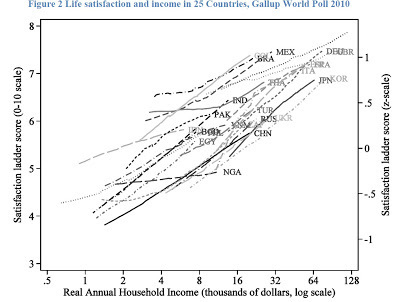
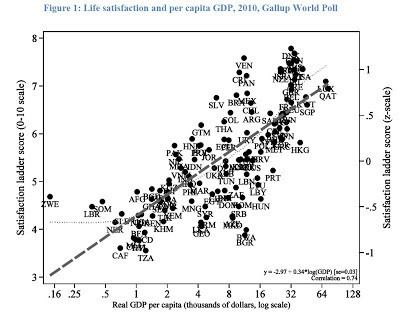
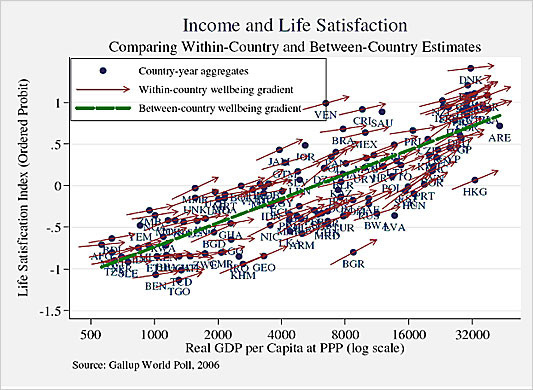



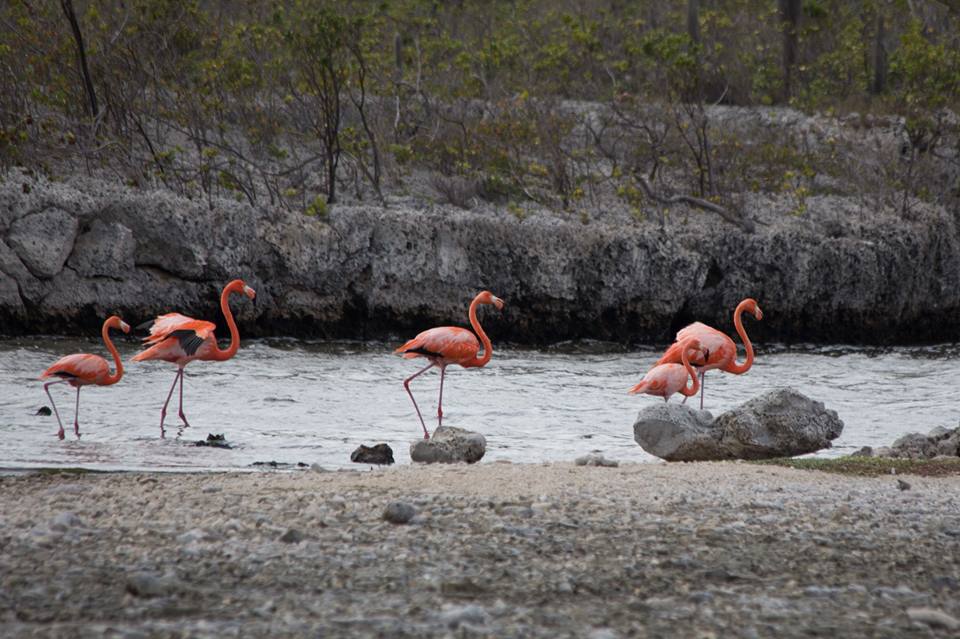


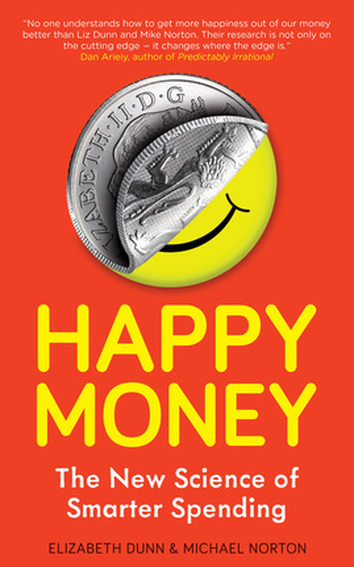

























 RSS Feed
RSS Feed